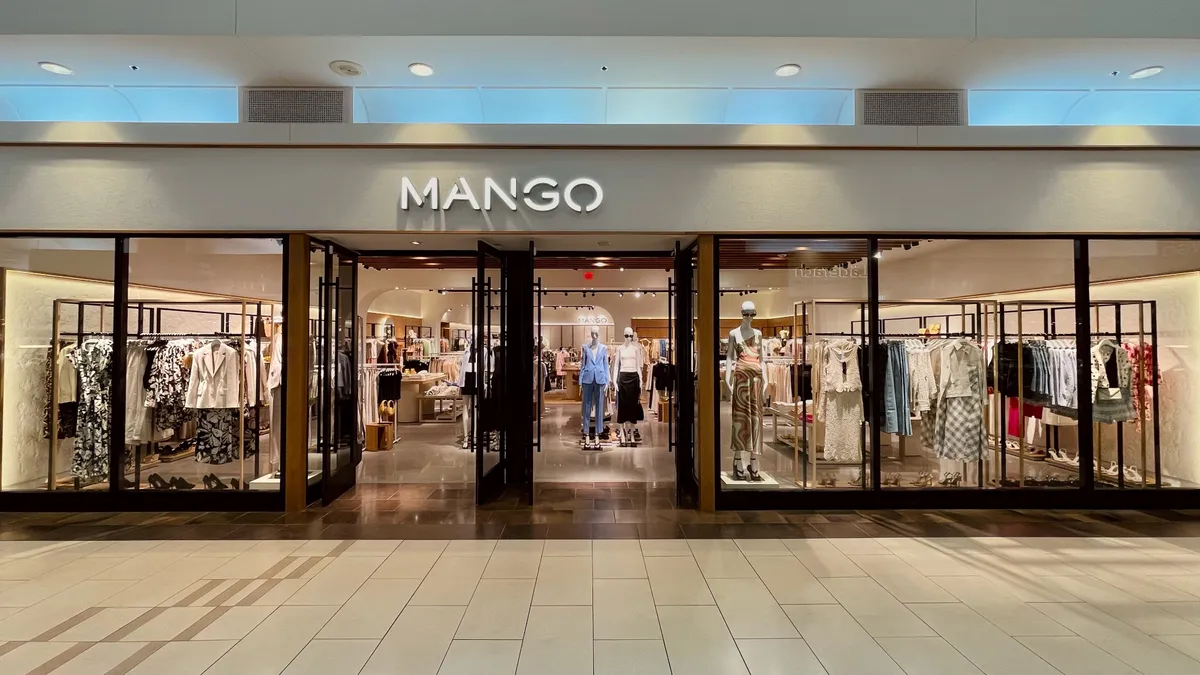Supply chains are constantly changing as new rules, technologies, resources and market trends transform operations. Here's a skim of the week's indexes, technology announcements, expansions and M&As from around the web.
In Case You Missed It
- The CVS-Walgreens battle for market share runs through their suppliers.
- A drive for organic foods is shifting where food distributors set up shop.
- Despite the storm of threats facing UPS, the company has held steady.
Market Snapshot
Despite initial market concerns over the election of Donald Trump to the presidency, the U.S. dollar has consistently risen in value over the past week.
Trump's potential moderation on issues like trade, promises for corporate tax cuts and massive infrastructure investments are sitting well with the business community. The Wall Street Journal reports the dollar has even reached the highest level in a year as markets expect the Federal Reserve to raise interest rates in December.
It should be noted that a sustained rise in the U.S. dollar value is not always good for exporters as foreign markets lose purchasing power. Cost of imports, however, decrease.
In other post-election news, the shipping industry is seeing a bizarre surge in shares for drybulk container companies. Sino-Global Shipping America for example saw a 135% rise, according to The Wall Street Journal, and at least two similar companies have seen 50% growth since election day in the U.S.
In less head-scratching news, October was a strong as ever for retailers, according to Modern Materials Handling. The National Retail Federation estimates a 2.2% annual gain in sales, while the Department of Commerce records a more optimistic 4.3% gain in year-over-year sales.
The positive trend in October did not extend to the logistics space, however.
The transportation intelligence company FTR reported a 38% decrease in year-over-year orders for truck trailers as the industry continues to see a year-long decline in orders, mirroring an overall market decline.
Technically Speaking
The battle for market share in the supply chain's drive towards digitalization is ramping up.
Koch Industries announced its equity development branch would invest $2.5 billion in Infor, which owns GT Nexus, beating out The Blackstone Group in a bid for the ERP software provider, American Shipper reports. The investment seeks to bolster the company's cloud capacity to increase its market share and further challenge Oracle and SAP.
Meanwhile, SAP recently announced a partnership with GE Digital to develop an IoT platform for the company's industrial customers. The platform will be first designed to accommodate the oil and gas industry, but further manufacturing APIs are in the pipeline.
The company also announced it would be extending its 3-D printing co-innovation lab network with help from Stratasys.
The freight technology space is also growing quickly.
MacrPoint received a $44 million investment from Susquehanna Growth Equity to accelerate the expansion of its freight-tracking technology.
Meanwhile, Anheiser Busch on Tuesday chose 10-4 as its visibility provider, Freightos announced a new live freight rate calculator, JDA released a new Transportation Management Execution software, the Department of Energy released grants to support platooning, and another Chinese logistics company announced an IPO for 2017.
Breaking Ground
The rise in healthcare demands is driving a surge throughout the cold chain.
CVS Pharmacy requested to expand "Project Toto" from a 752,259-square-foot facility to encompass 1,007,156 square feet near Kansas City International Airport.
Elsewhere in the logistics chain, Marken — which was recently acquired by UPS for its healthcare logistics brand — announced it would open a sixth hub near Chicago's O'Hare International Airport to complement the company's operations in the U.S. Northeast and Canada.
Meanwhile, in a recent report by PMMI, The Association for Packaging and Processing Technologies reveals that contract packagers and manufacturers will benefit from the demand surge, as companies up their spending to increase throughput and regulatory compliance.
In other recent news, the importance of warehousing came to the forefront — albeit perhaps for the wrong reasons.
A 700,000-square-foot Amazon warehouse in the U.K. was set ablaze early Sunday morning, disrupting various retailers' inventory. Business Insider reports RYN Trading Ltd had 6,000 units in the warehouse, and though not all stock was damaged, the company experienced a 90% drop in online sales after the fire.
At least five other warehouse fires were reported during the past week, highlighting the importance of fire safety as both the primary and collateral damage of such disasters is often far-reaching.
For example, Gap only recently opened a "pop-up" warehouse in Fishkill, NY to mitigate the effects of a severe fire two months ago.
In other news, this week Ikea showed how sustainability can spread to building design: the company is installing solar panels on its Illinois distribution center in an attempt to produce as much energy as it consumes.
Mergers & Analysis
The Hanjin bankruptcy saga is nearly over.
A South Korean court announced Korea Line will complete its purchase of Hanjin's Trans-Pacific assets on Monday, putting an end to the former top 10 shipping line's global status.
The assets include a 54% stake in Total Terminals International, five container vessels, seven overseas subsidiaries and a logistics network.
Supply chains may be getting more complex, but as e-commerce sales continue to boom, UPS and FedEx are finding new ways to engage customers by removing the middleman.
FedEx announced Monday it would begin holding Newegg shipments to ensure the often-expensive shipments' safety are not compromised by "porch pirates."
Meanwhile, UPS' vice president of IT recently revealed some of the company's investments are made primarily for learning purposes. American Shipper reports the company's venture capital funding of same-day delivery startup Deliv has helped the company learn how to finance the demand model before providing the service.
The company also announced a partnership with Sealed Air Tuesday, which aims to provide e-tailers and small-to-medium businesses the packaging solutions services otherwise targeted for larger clients.
Great success comes with great responsibility, though, and UPS workers seem to believe the company is not holding their end of the bargain. UPS aircraft mechanics authorized a vote to strike Tuesday, a largely symbolic gesture that could bring severe issues to the carrier after the holidays.
In other news, Siemens offered industrial software provider Mentor Graphics roughly $4 billion in private equity as the company seeks to digitalize, according to The Wall Street Journal.






















